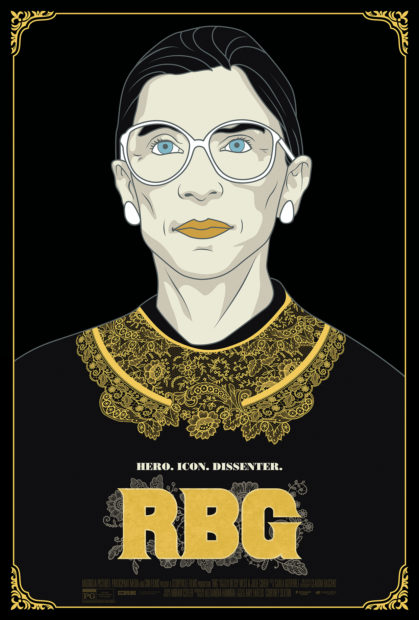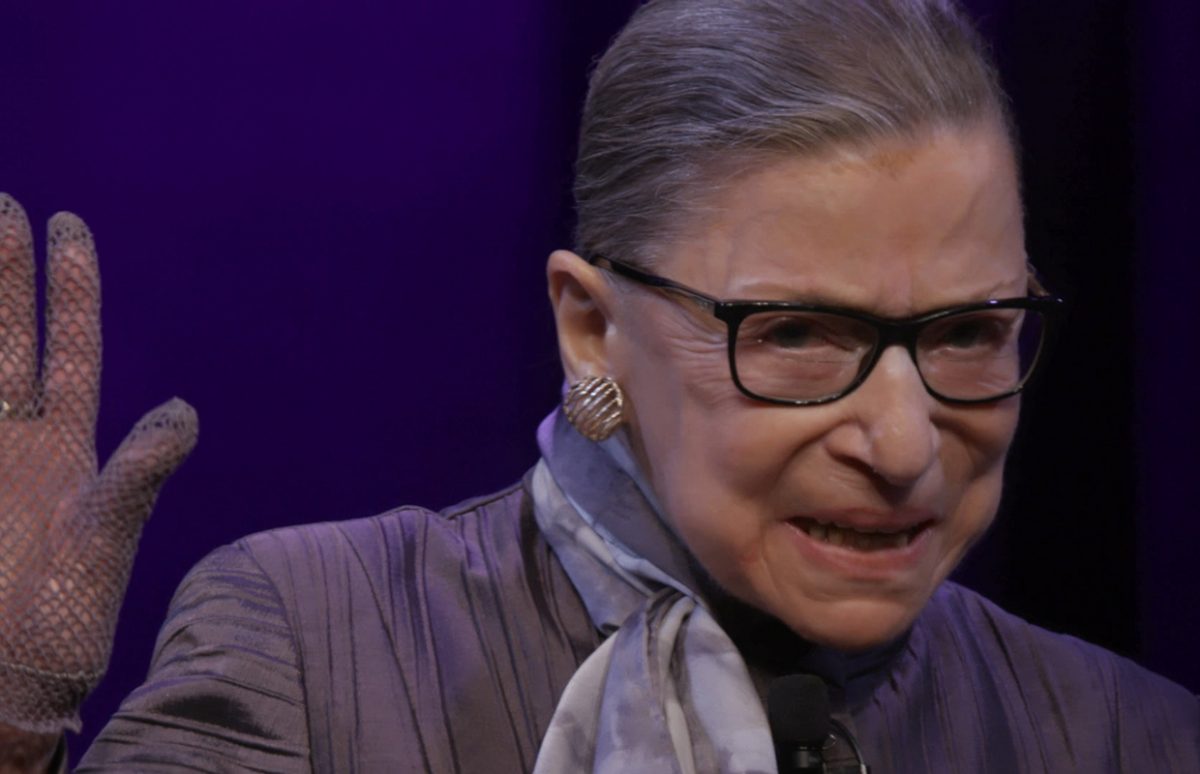The death of Supreme Court Justice Ruth Bader Ginsburg on 18 September means the political balance of the court is likely to swing right. Justice Ginsburg was a pioneering lawyer and judge who was at the forefront of battles for gender equality and women's rights.
Ruth Bader Ginsburg was one of three women out of nine Justices in the Supreme Court. When she was nominated by President Bill Clinton in June 1993, she was only the second female Supreme Court Justice. At 87, she was also the oldest current Justice. The Supreme Court currently leans towards the right, with a majority of sitting justices nominated by Republican presidents. Ms Ginsburg was seen as a rampart against politically conservative judgements. She had carried on well beyond the average retirement age for the court, 80, despite health problems including the cancer she ultimately died of.
"RBG" had become a popular cultural icon in recent years, featuring in a documentary and a biopic written by her nephew, On the Basis of Sex. It told the story of a young law student who faced gender discrimination. At Harvard Law School in 1956, she was one of nine women in a class of hundreds. One of her professors even shamed her for taking up a spot at Harvard Law School that could have been filled by a man. But her experience didn't derail her; it only made her more determined to succeed. The film focuses on a landmark case that made her name, and changed the U.S. legal landscape.

Like Al Capone eventually being arrested for not paying his taxes rather than his mafia activity, Ginsburg's genius was to tackle the topic of gender equality from an odd angle, and in a case that initially appeared rather innocuous. She agreed to defend a man who had been charged with tax fraud. He was a single man and had looked after for his sick mother until her death. He hired a nurse to allow him to go to work, but when he tried to put her wages against tax he was accused of fraud. The tax law on caregivers only applied to women. Ginsburg and her tax-lawyer husband realised that if they could get a judgement that gender discrimination is unconstitutional in a case about a man, it would open the doors to strike down the almost 200 laws that were discriminatory to women. And it worked.
A Swing to the Right
The Supreme Court is part of the "checks and balances" system put in place in the Constitution to separate powers within the political system and avoid any one of the three pillars dominating.

However, since Supreme Court Justices are nominated by the President and confirmed by the Senate, the make-up of the court is inherently political. Republican presidents tend to nominate socially conservative judges, and Democrats favour more progressive ones. The Court was already leaning right with five Republican nominated Justices out of nine (including two nominated by President Trump). RBG's death could mean that the balance swings to 6 to 3.
The Constitution doesn't lay down a timetable or detailed rules about the nomination of judges. When conservative Justice Antonin Scalia died in February 2016, President Barack Obama wanted to name a new Justice before the November presidential election. The Republican majority leader of the Senate, Mitch McConnell, refused to hold confirmation hearings, arguing, “The American people should have a voice in the selection of their next Supreme Court Justice. Therefore, this vacancy should not be filled until we have a new president.” His action was successful, and Justice Scalia was eventually replaced by Trump pick Neil Gorsuch.
The situation in 2016 was a Democratic president facing a Republican majority in both houses of Congress. And an election seven months away. The situation after Ginsburg's death is Republican president, a Democratic majority in the lower house and a Republican majority in the Senate.
The same Republican majority leader, Mitch McConnell, wants to confirm a new Justice before election day, saying the Senate would be within its rights to act because it is Republican-controlled, and Mr Trump is a Republican president.
Mr Trump announced on Sunday that he would nominate a woman Justice to replace Ms Ginsburg.
The Democrats are calling for any nomination to be delayed until after a new President is elected, echoing RBG's own wishes on her deathbed,. NPR reported that Ms Ginsburg wrote to her granddaughter, "My most fervent wish is that I will not be replaced until a new president is installed."
Reproductive Rights
Campaigners are worried that if another conservative is nominated the Court could overturn decisions on gender equality and reproductive rights. the 1972 Roe v. Wade ruling that guaranteed abortion rights has been under attack in lower courts and state legislatures throughout Mr Trump's presidency. Right to life versus right to choice was already a major campaign issue, with Mr Trump firmly in the former camp and Joe Biden in the latter.
 You can find more the Supreme Court and RBG's legacy Shine Bright AMC File 15 Justice for all?
You can find more the Supreme Court and RBG's legacy Shine Bright AMC File 15 Justice for all?
> Teaching with Film: Ruth Bader Ginsburg
Tag(s) : "amazing women" "feminism" "gender equality" "Notorious R.B.G." "Ruth Bader Ginsburg" "Shine Bright AMC" "Supreme Court" "Trump" "U.S. culture" "U.S. elections" "U.S. justice system"





